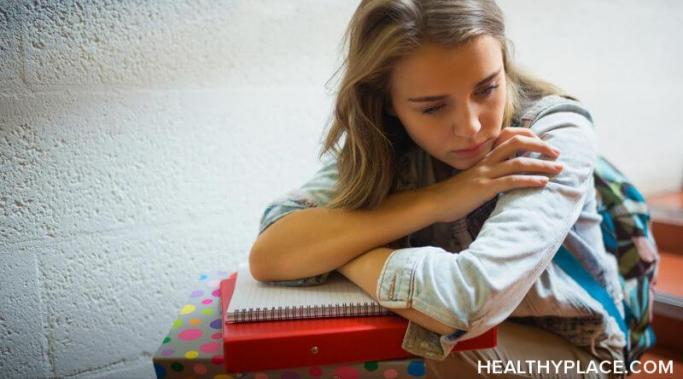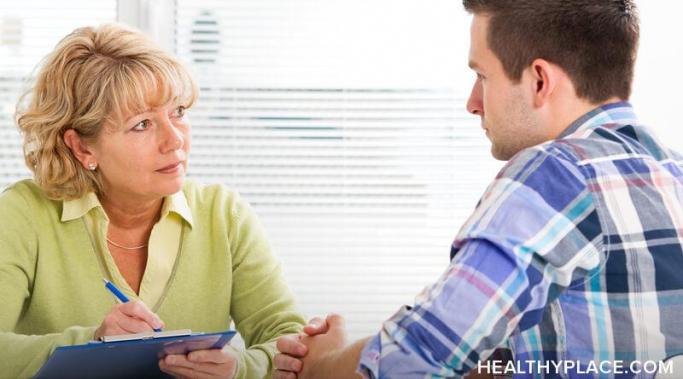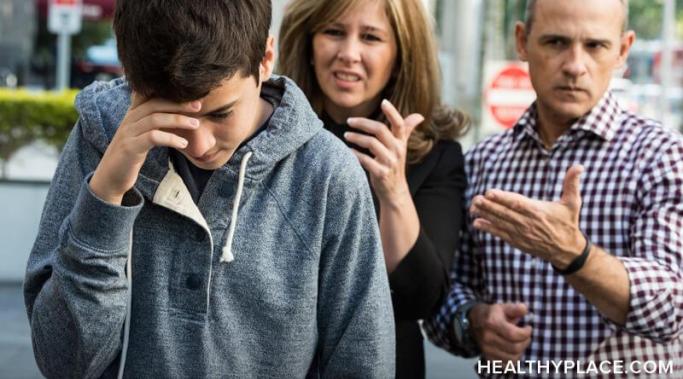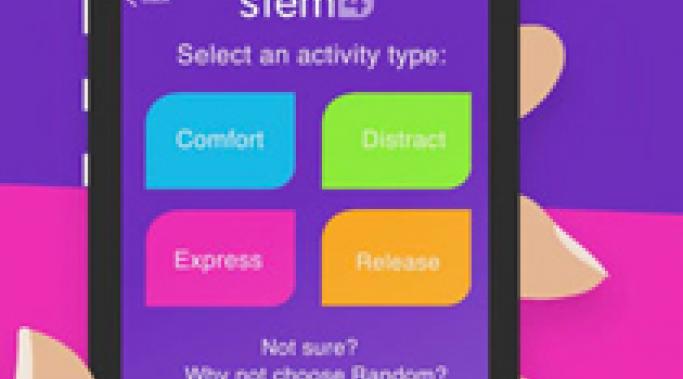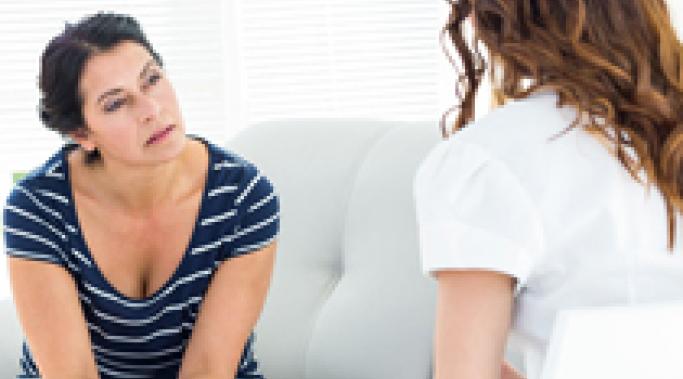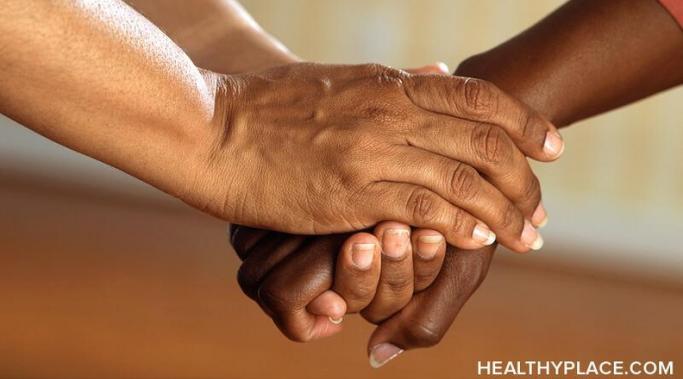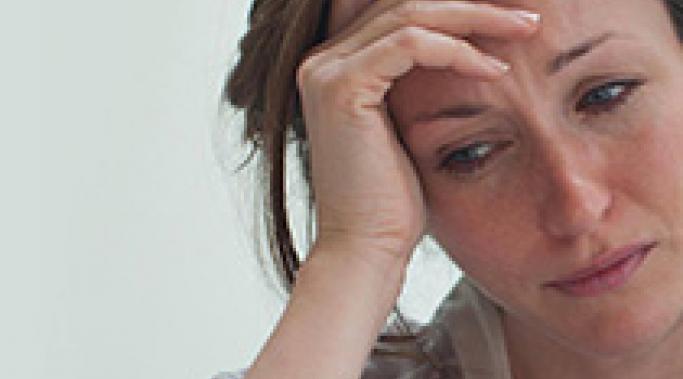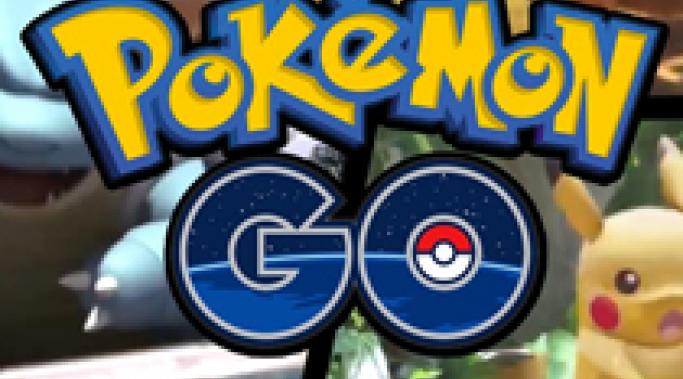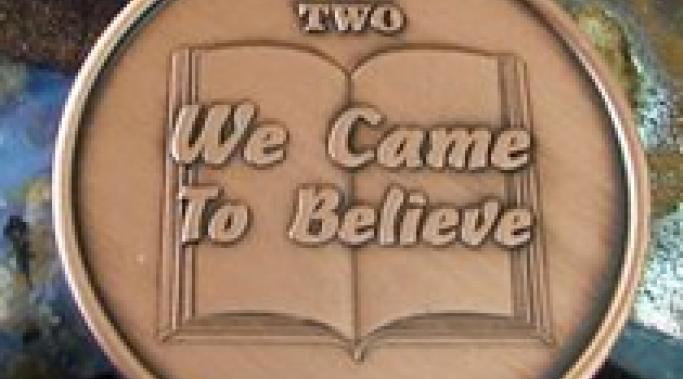Suffering a mental illness when you're young is extremely difficult and debilitating. When you’re young there is an immense amount of pressure to fit in as well as to act and to look a certain way. Judgment and stigma from peers can run high and be openly expressed. Many times, those who suffer from mental illness when they're young believe that something is wrong with them and don’t know how to “snap out of it.” As difficult as it can be to live with a mental illness when you're young, it is also hopeful to know that the suffering doesn’t have to last forever.
Self-Help - Recovering from Mental Illness
Coping with a diagnosis of a mental illness can be scary, but if you’ve made it to this point, it means you’ve reached out for help. That’s a great first step. You’re on your way to receiving treatment and most likely feeling better. It's important to cope with mental illness, and it's important to cope with the diagnosis of mental illness--accepting the illness--too.
Many people with mental illness have their reasons to self-injure but it's important to resist self-harm urges. While most commonly associated with borderline personality disorder (BPD), self-harm can occur with any mental illness. There are three reasons people self-injure: to punish themselves, to feel something instead of nothing, and to feel stronger.
You may be able to manage self-harm urges with the Calm Harm application, or app. Recently, a counselor shared this app with me. Calm Harm, a British app, is designed to help people of all ages deal with self-harm urges. It mainly does this by inviting the user to "ride the wave"--self-harm, the app says, is like a wave--strongest when you want to do it, and then weaker with time. The app then provides suggestions, a timer, and feedback on how you handle self-injury. It's an interesting app for anyone, but I cannot recommend it strongly enough for someone who struggles with self-injury. Here is how you can manage self-harm urges using the app.
Therapy works if you put in the effort. Recently I learned that my brother, an active alcoholic, agreed to go to counseling. I hope and pray that it helps. But he has issues with therapists and the last time he went to counseling he held it all in, so nothing changed. That's not helpful at all and is a waste of time. It's like the joke about how many therapists it takes to change a light bulb: "Only one, but the bulb has to really want to change." Therapy works if you put in the effort--but if you don't, the best therapist in the world won't be able to help.
Recently I got mental health advice from a tarot reading. I'll be the first to admit I'm skeptical about tarot (Alternative Mental Health Information). But recently I got a reading that was empowering. The reading had three pieces of mental health advice I will share since they're good for everyone to know.
Do you know how to recover from an abusive relationship? No one wakes up one day and says, "I think I'll fall in love with someone who abuses me." Most relationships don't become abusive, and most abusive relationships don't become abusive until the relationship is well-established. And lack of violence does not mean lack of abuse (Effects of Emotional Abuse on Adults). Breaking it off is the most dangerous part, but what comes after that? Do victims know how to recover from an abusive relationship?
Pokemon Go can help with mental illness recovery. Unless you've been living under a Kabuto the past few weeks, you're aware that Pokemon Go has gone viral (How a Video Game Gave Me My Life Back). But did you know Pokemon Go can help with mental illness recovery? Here are three ways Pokemon Go can help with mental illness recovery.
Self-injury can be addictive but you can recover from self-harm using the 12 steps, among other ways. Because self-harm helps us feel better, even if it is a negative coping skill, it can become a habit. We can become powerless over self-injury. But, like any addiction, a 12-step program can be useful in fighting self-harm behavior and aid self-harm recovery.
Can diet affect mental health? I went vegetarian for Lent this year. One thing I noticed is how much better I felt--I wasn't exhausted in the morning, I had more energy than normal, my head felt clear, and my mood was pretty much even all the time. It left me wondering "Can diet affect mental health?" And, if so, what dietary changes do we need to consider?
